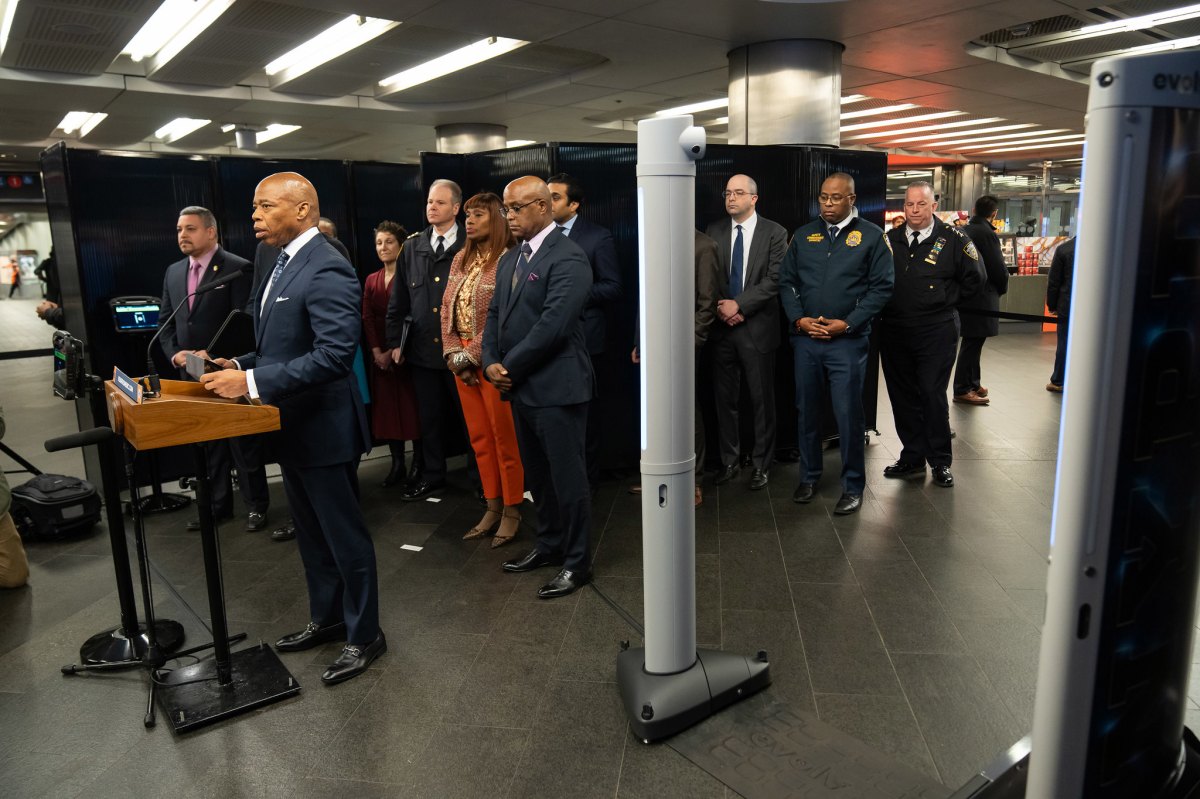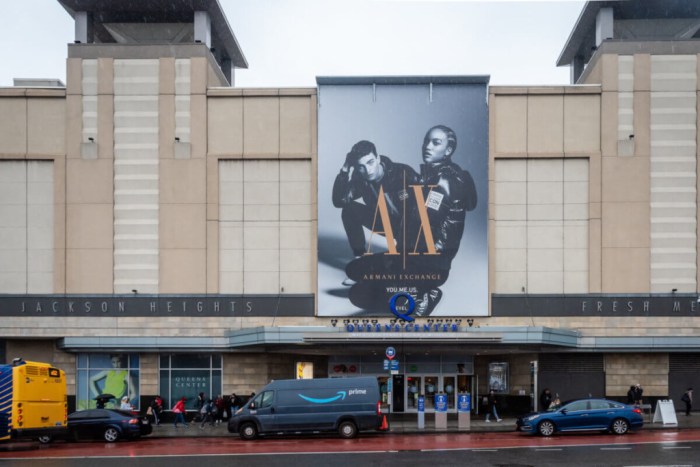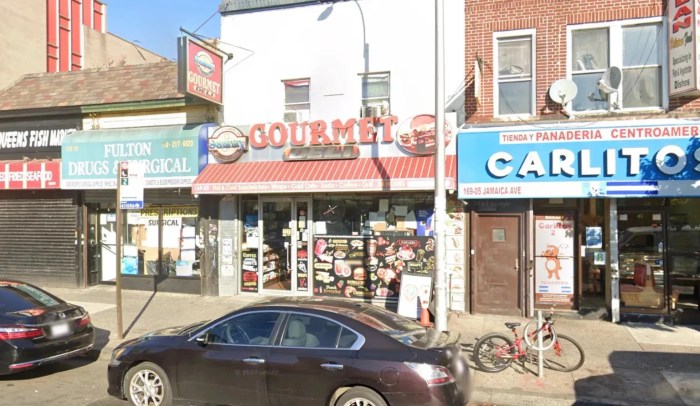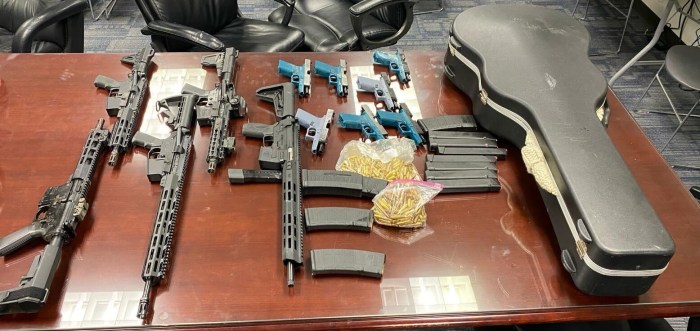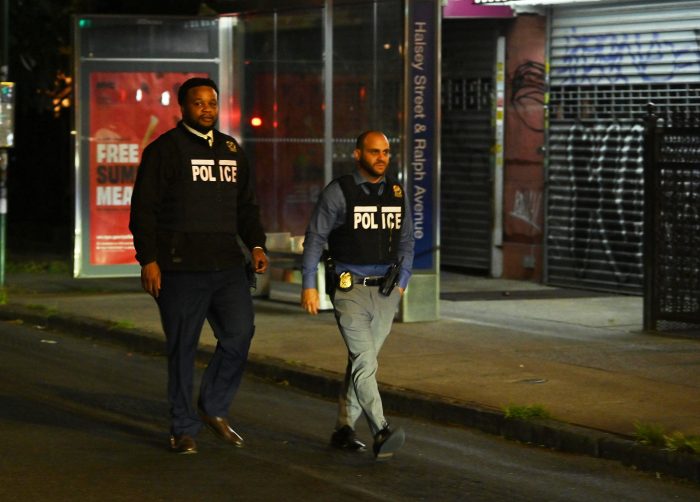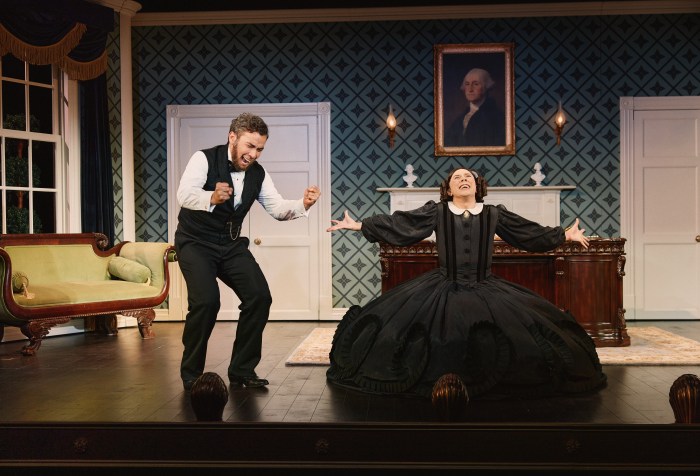With many New Yorkers currently unemployed, some may be returning to school to complete degrees or to start new careers. After paying hundreds of dollars for a single class, these returning adults will soon be hit with the sticker shock of textbooks; some as much as hundreds of dollars for one book, according to Peralta.
“Tuition at CUNY may be increased by up to $600 next fall,” Daniel Muchnick, Vice President of Queens College’s Student Association. “And the cost of college textbooks continues to skyrocket.”
According to the New York Public Interest Research Group (NYPIRG), publishing companies have been exploitive business tactics on students to make up for profit losses in other divisions. One method is called bundling. This is when textbook are sold shrink-wrapped to include “extras,” like CD-ROM’s and workbooks. Thus, students are forced to pay more money for “extras” despite the fact that many of those items may not be needed for class.
Another tactic used by publishers is their production of new editions that contain few changes from one version to the other. Once a new edition of a book is printed and being used by college faculty, students are not allowed to sell back the older version of that textbook in the used books market. In addition, only first sale generates revenue for the publisher and royalties for the author, which provides another reason for new editions to be regularly produced.
Lastly, colleges that withhold the ISBN number of books hinder students from doing comparison shopping online, according the NYPIRG.
“The publishing companies are holding students hostage because they understand the necessities of these books,” said Peralta.
A sophomore practical nursing student has already felt the weight of this costly burden while pursuing an education at La Guardia Community College.
“My biology book is $220 for this winter’s session. I think that’s ridiculous. I think it’s overpriced,” Ajla Jaganjac. “My mom had paid for them by credit card and slowly paid it off just like the rest.”
In order to help students, Peralta is proposing legislation to New York State asking for the creation of an academic review board that create and mandate cost control policies for all textbooks and require publishing companies justify the need of producing a new edition of an already existing textbook.
Peralta also wants to amend state law so that students would be able to claim a deduction on their personal income tax for book purchases up to $1,000 dollars.
Until the legislation can take into effect, “the best thing a college bookstore can do is to try and obtain and make more used books available used books are cheaper,” said Ray McGale, Regional Manager of Barnes and Noble College Booksellers. “Used books are 25 percent less than a new book.”
By faculty placing their book orders in early, college bookstores are able to purchase used books from wholesalers on behalf of students. This way they are able to purchase them at a lower cost and the bookstore is able to do a buy-back on the bookstore at the end of the semester, according to McGale.
“This past September students saved $114,000 because there were more used books for sale,” Anthony Lugo, Director of Auxiliary Services, La Guardia Community College Book Store. “Last September [2007] they were able to save $67,000.”
As a result, “students had more options,” said Lugo.







